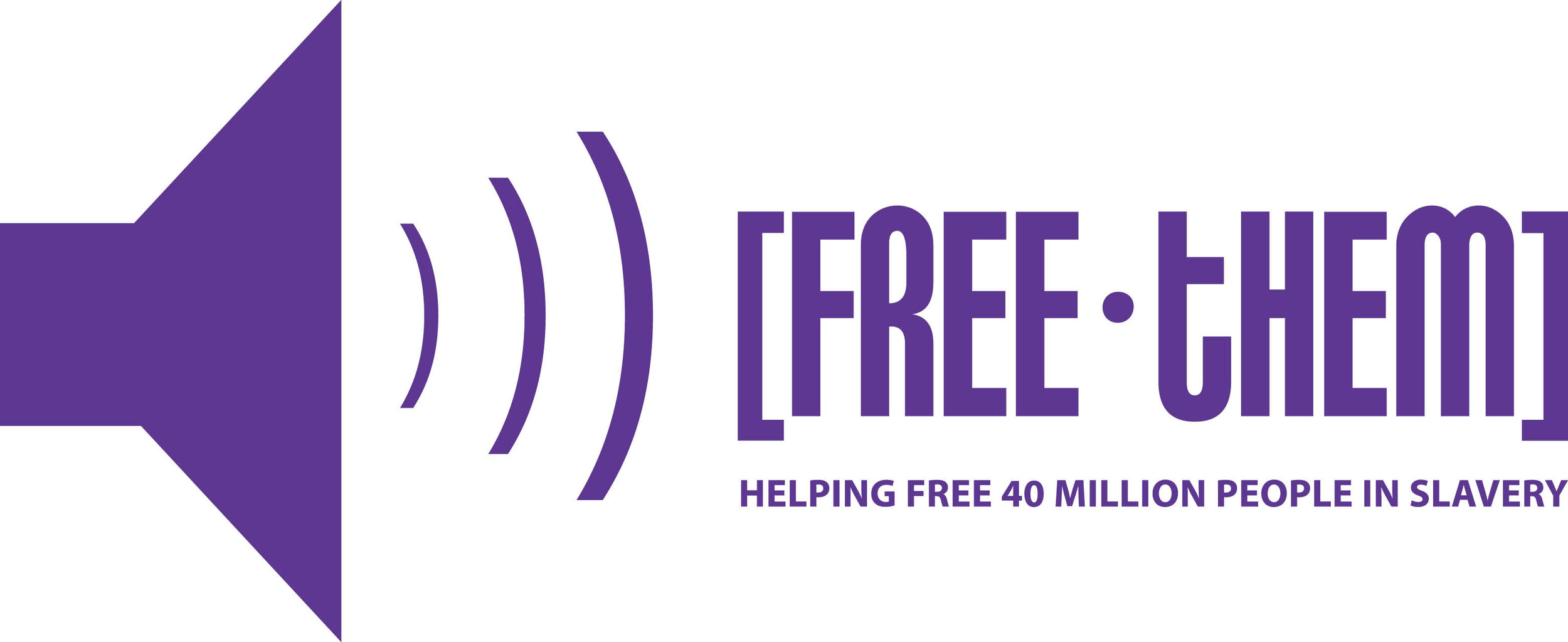Canada’s Criminal Law Responses
Sited from The Ministry of Public Safety Canada The Criminal Code of Canada (Criminal Code) contains the tools to hold traffickers accountable and includes four specific indictable offences to address human trafficking, namely sections 279.01 (Trafficking in persons), 279.011 (Trafficking of a person under the age of eighteen years), 279.02 (Material benefit), and 279.03 (Withholding or destroying documents). Many other Criminal Code offences can also apply to human trafficking cases including kidnapping, forcible confinement, uttering threats, extortion, assault, sexual assault, prostitution-related offences, and criminal organization offences. Section 118 of the Immigration and Refugee Protection Act (IRPA) contains a provision that prohibits the bringing into Canada of persons by means of abduction, fraud, deception or use of threat of force or coercion. It carries a maximum penalty of a fine of up to $1 million and/or up to life imprisonment. The Criminal Codealso contains measures designed to make testifying less traumatic for victims and other vulnerable witnesses. Testimonial aids, such as a screen that prevents the witness from seeing the accused, the use of closed-circuit television that permits the witness to testify from outside the courtroom or the presence of support persons may be made available in appropriate circumstances. Other measures that may be available are publication bans on information that would identify a complainant or witness and, in some cases, orders excluding the public from the courtroom. See Annex A for Canadian anti-trafficking legislation.
